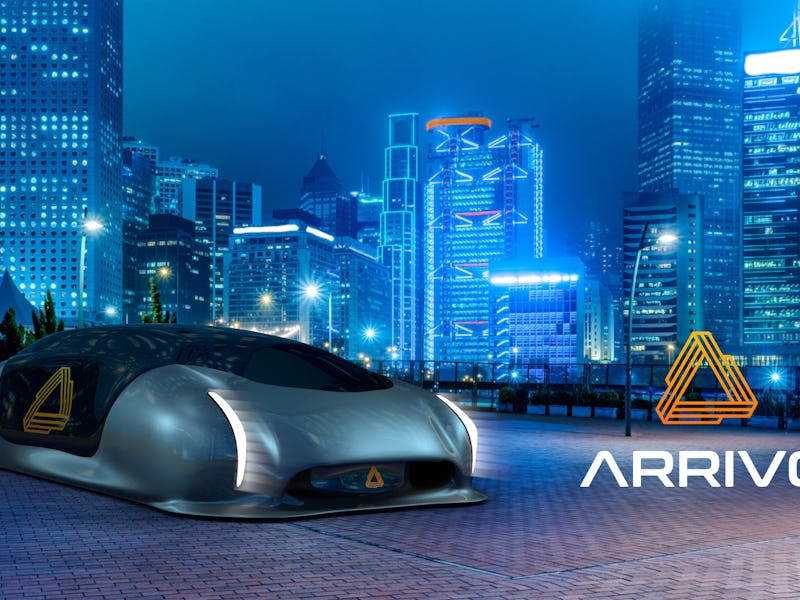Denver could be the first city in the world to get a “hyperloop” public transport system, but it’s probably not the kind you have in mind.
Tech startup Arrivo announced Tuesday a deal with the Colorado Department of Transportation to bring its system to the city’s metropolitan region. But unlike Elon Musk’s 2013 white paper, which detailed pods moving through vacuum-sealed tubes at speeds of 700 miles per hour, Arrivo’s pods will move inside a tunnel filled with regular air.
“If I want to travel really fast between two cities in a low-pressure environment inside a metal tube, I would use an airplane,” Brogan BamBrogan, founder and CEO of Arrivo, told Wired. “They’re very efficient, the ride is smooth, the orange juice is free.”
Hyperloop One and Arrivo are following very different paths. While Hyperloop One has built a vacuum-sealed test tube in the Nevada desert to try to realize Musk’s original vision, BamBrogan is developing an alternative that cuts out the more ambitious goals in favor of solving congestion.
“The real value is going point-to-point, no traffic,” BamBrogan said.
Arrivo’s pods will instead use magnetic levitation to move down a regular tunnel at a maximum speed of 200 miles per hour, cutting short trips from downtown Denver from a maximum of 70 minutes to around 10 minutes. Some pods will carry cars, some of them people, and others cargo.
Watch a promotional video for the system here.
It’s the latest move in a race to try and build the world’s first public hyperloop. BamBrogan co-founded Hyperloop One — the company that Richard Branson has thrown his support behind — but departed last year in a bitter dispute.
He filed a lawsuit alleging that the chief legal officer left a hangman’s noose on his desk, among other complaints. Hyperloop One counter-sued, and the two parties settled both suits in November last year. In June, BamBrogan’s new startup started teasing big plans to transform the playing field.
Arrivo will first build a test site by the E-470 toll road, running past the main airport. The company could even take over a lane of traffic in either direction instead of building a whole new path. The company plans to add 200 employees to a nearby technology center by 2020, with the end goal of having a system running in the next five years.
Arrivo's pod.
Infrastructure firm Aecom is working with both Arrivo and Hyperloop One to bring their ideas to Colorado. Travis Boone, an engineer at the firm, served as a member of the Rocky Mountain Hyperloop Consortium, which pitched to Hyperloop One a 360-mile vacuum tube from Cheyenne, Wyoming, to Pueblo, Colorado. Denver to Colorado Springs, which takes an hour by car, would take six minutes on a Hyperloop One track. In September, the company announced a study into the project’s feasibility.
BamBrogan believes there is a place for both companies to coexist. Arrivo, he told the Denver Business Journal, “is not competitive in any way to what Hyperloop One is working on. One wants to connect Denver to Cheyenne or Chicago, for us, when people get to Denver, they’ll need to get around.”
It may resemble something between a maglev train and a hyperloop, but Arrivo’s pods could dramatically cut journey times for commuters and visitors.
“The problem we’re trying to take on is getting you to the airport,” BamBrogan told Wired.
